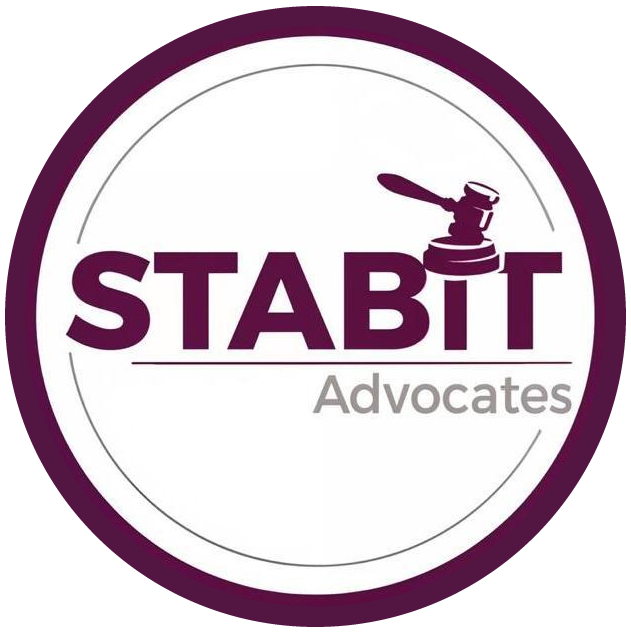The Remote Work Revolution: Navigating the Legal Landscape of the New Corporate Reality. A stabit…

Investing in Rwanda’s Education Sector: A Legal Perspective
September 17, 2024 9:42 am
Stabit Advocates is pleased to present this comprehensive legal analysis on the investment opportunities within Rwanda’s education sector. This document aims to provide potential investors with a detailed understanding of the legal framework, regulatory environment, and the myriad opportunities available in this vital sector.
Legal Framework
The education sector in Rwanda is governed by a robust legal and regulatory framework designed to promote sustainable development and attract foreign investment. Key legislation includes the Investment Code (Law No. 006/2021 of 5 February 2021) and the Education Sector Policy (2015). These laws provide a clear and transparent process for obtaining licenses, ensuring compliance with national standards, and offering various incentives to investors.
Licensing and Permits
Investors seeking to engage in education projects in Rwanda must obtain the necessary licenses and permits. The Rwanda Development Board (RDB) is the primary regulatory authority responsible for issuing these licenses. The types of licenses available include:
- Institutional License: Required for the establishment and operation of educational institutions, including schools, colleges, and universities. This license ensures compliance with national education standards.
- Teacher Certification: Necessary for individuals seeking to teach in Rwanda. This certification is issued based on adherence to professional standards set by the Rwanda Education Board (REB).
- Curriculum Approval: Required for institutions wishing to offer new or modified curricula. This approval ensures that the curriculum meets national education standards and objectives.
Environmental Compliance
Investors are required to conduct Environmental Impact Assessments (EIAs) and obtain Environmental Impact Assessment Certificates before commencing any education projects. The Rwanda Environment Management Authority (REMA) oversees this process to ensure that educational facilities do not adversely affect the environment.
Investment Incentives
Rwanda offers a range of fiscal and non-fiscal incentives to attract investment in the education sector. These incentives include:
- Fiscal Incentives:
- Accelerated depreciation of assets at 50% for the first year.
- Exemption from import duties on educational materials and equipment.
- Value-added tax (VAT) refund on education-related equipment.
- Capital gains tax exemption.
- Preferential corporate income tax rate for specific education projects.
- Non-Fiscal Incentives:
- Facilitation with obtaining visas and work permits.
- Provision of notary services by the RDB’s One Stop Center.
- Assignment of a Key Account Manager to assist with project registration and implementation.
Investment Opportunities
The education sector in Rwanda presents numerous investment opportunities across various sub-sectors. Key opportunities include:
- Early Childhood Education: Investment in early childhood education centers to provide quality pre-primary education. This includes the establishment of kindergartens and nursery schools.
- Primary and Secondary Education: Development of primary and secondary schools to improve access to basic education. This includes the construction and operation of private schools and international schools.
- Higher Education: Establishment of universities and colleges to offer higher education programs. This includes the development of specialized institutions focusing on science, technology, engineering, and mathematics (STEM) education.
- Vocational and Technical Training: Investment in vocational and technical training centers to provide skills development and training. This includes the establishment of technical and vocational education and training (TVET) institutions.
- Education Technology: Development of education technology solutions, including e-learning platforms, digital content, and educational software. These technologies can enhance the quality and accessibility of education.
Conclusion
Rwanda’s education sector is poised for significant growth, driven by a supportive legal framework, attractive investment incentives, and a commitment to sustainable development. Stabit Advocates is dedicated to providing comprehensive legal support to investors seeking to capitalize on these opportunities.
If you love our article on “Investing in Rwanda’s Education Sector: A Legal Perspective,” check back here for more legal news
Contact Information
Stabit Advocates
Website: www.stabitadvocates.com
Email: info@stabitadvocates.com
Phone: +250 789 366 274
For more information or to discuss your case, please contact us at www.stabitadvocates.com.
This guide is intended to provide general information and does not constitute legal advice. For specific legal advice tailored to your situation, please consult with a qualified attorney at Stabit Advocates.




This Post Has 0 Comments